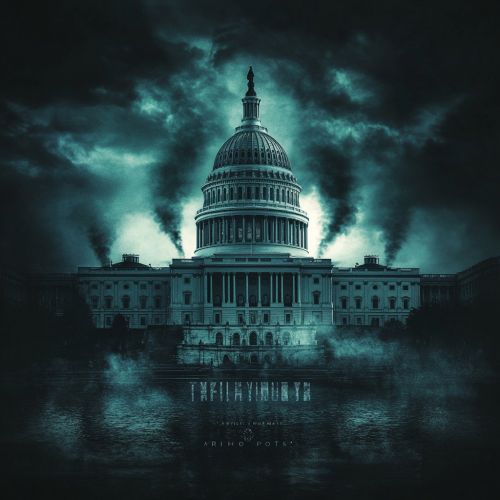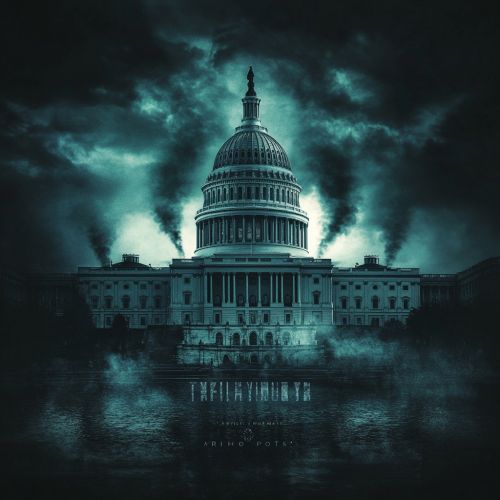Political thrillers
Overview of Political Thrillers
Political thrillers are a subgenre of thriller fiction that focus on political intrigue, power struggles, and the machinations of governments and their agencies. These narratives often involve espionage, conspiracy, and the complex interplay between political entities. Political thrillers can be found in various forms of media, including literature, film, television, and even video games.
Historical Context
The origins of political thrillers can be traced back to the early 20th century, with the rise of espionage fiction during the First World War. Authors like John Buchan and Eric Ambler laid the groundwork for the genre with their tales of international intrigue and clandestine operations. The genre gained significant traction during the Cold War, a period marked by intense geopolitical tension between the United States and the Soviet Union. This era produced some of the most iconic political thrillers, reflecting the pervasive atmosphere of suspicion and paranoia.
Literary Political Thrillers
Early Works
Early political thrillers often centered around the theme of espionage. John Buchan's "The Thirty-Nine Steps" (1915) is a seminal work in this regard, featuring a protagonist who uncovers a German spy ring. Similarly, Eric Ambler's "The Mask of Dimitrios" (1939) delves into the shadowy world of international crime and political conspiracy.
Cold War Era
The Cold War era saw the proliferation of political thrillers that explored the ideological battle between the East and the West. John le Carré's "The Spy Who Came in from the Cold" (1963) is a quintessential example, portraying the bleak and morally ambiguous world of espionage. Robert Ludlum's "The Bourne Identity" (1980) introduced readers to a new kind of protagonist: an amnesiac spy caught in a web of international intrigue.


Contemporary Works
In recent years, political thrillers have evolved to address contemporary issues such as terrorism, cyber warfare, and global politics. Tom Clancy's "The Hunt for Red October" (1984) and Vince Flynn's "American Assassin" (2010) are notable examples that reflect modern geopolitical concerns.
Film and Television
Classic Films
Political thrillers have been a staple of cinema since the mid-20th century. Alfred Hitchcock's "North by Northwest" (1959) is a classic example, blending espionage with high-stakes action. John Frankenheimer's "The Manchurian Candidate" (1962) delves into the psychological manipulation and political assassination, themes that resonate deeply with the genre.
Modern Films
Modern political thrillers often incorporate advanced technology and contemporary political issues. Films like "Syriana" (2005) and "Zero Dark Thirty" (2012) explore the complexities of Middle Eastern politics and the War on Terror. These films are characterized by their intricate plots and realistic portrayals of political scenarios.
Television Series
Television has also embraced the political thriller genre, with series like "24" and "Homeland" gaining widespread acclaim. These shows often feature complex characters and multi-layered plots, keeping viewers engaged through multiple seasons. "House of Cards" is another notable example, offering a dark and cynical view of American politics.
Themes and Motifs
Political thrillers often explore themes such as power, corruption, and morality. The genre frequently delves into the ethical dilemmas faced by individuals in positions of power and the consequences of their actions. Common motifs include espionage, assassination, and conspiracy, all of which serve to heighten the tension and suspense inherent in the genre.
Notable Authors and Directors
Several authors and directors have made significant contributions to the political thriller genre. John le Carré, Robert Ludlum, and Tom Clancy are among the most influential writers, while directors like Alfred Hitchcock and John Frankenheimer have left an indelible mark on the cinematic landscape of political thrillers.
Impact and Influence
Political thrillers have had a profound impact on popular culture, shaping public perceptions of politics and espionage. The genre's emphasis on realism and attention to detail has influenced not only other forms of fiction but also real-world political discourse. The intricate plots and morally complex characters often found in political thrillers have set a high standard for storytelling in both literature and film.
